10 Dialogue Worksheets: How to Facilitate Roleplaying

How to Facilitate Roleplaying
If you’re teaching an oral communication type of class, then your goal is to get your students speaking as much as possible.
One of the best ways to do this is using dialogue and roleplaying.
But it’s not always easy finding the right roleplay and dialogue activities that have a history of success.
That’s why we’ve created 10 dialogue worksheets we like to use in our classes. Like all of our worksheets, they are free to use for any purpose.
1. Multi-purpose Items
The teacher gives the class an object, any object. What are the different uses for that item?
For example, you can use forks to eat food, comb your hair, open cans, mix ingredients, and clean pans.
Not so bad for a simple fork. The key to this activity is to be creative!
2. Pushy Salesperson
Have your students sell something that nobody wants to buy. There are tons of ideas in the worksheet.
First, you can start this activity by showing any infomercial from your home country.
Then, you can lead by example and try to sell a product to your students. Finally, it’s your students turn to become a pushy salesperson.
3. Celebrity Interview
Shine the spotlight on your class with this celebrity-style interview.
Take turns giving each other interviews.
Students guess which celebrity their partner is.
4. Group Charades
Charades works for outgoing classes. But for introvert classes, it can be an epic failure. However, in groups suddenly introverts become extroverts… and they’re much more likely to be more relaxed. Rather than one person acting out, the entire group acts it out and one person guesses.
5. Famous Foreheads
In this activity, all players sit in a circle. Give each student a post-it note and a pencil. Each player writes down the name of a famous person and passes the note face-down to the player on the left. Each player sticks the note on his/her forehead and everyone takes turns asking “Yes” or “No” questions to find out who they are. The first player to guess the name on his/her forehead is the winner.
6. No Subtitles
Turn any English movie on mute. In groups of two, have your students re-enact the voices. When the movie stars move their lips, so do the students. They can say anything. It’s tough to keep up.
7. Green Screen
It’s amazing what a green screen can do in an English class or club. I brought one into class. All of a sudden, students were making up their own English movie ideas. And the ideas were pretty awesome with one taking place at the Eiffel Tower!
8. Comic Book Creation
Every kid loves comic books. But what if they didn’t have any words in them? Let’s fill in these speech bubbles with an interesting story.
9. 101 Free-Talking Topics
Maybe, the easiest thing to do is to just get them talking about what they are passionate about. That’s why we’ve compiled a list of 101 free-talking topics. Print them off. Cut them up. Put it in a hat. Select a topic at random and let your students talk in pairs or as a classroom.
10. Text Message Translation
Students write a typical text message of two casual friends or a married couple. First, start by filling in the text bubbles. But there’s no need to stop just here.
Dialogue Worksheets
So using roleplaying and dialogue worksheets can really open up your students and classes in a whole new way.
For example, thinking of sales techniques or multi-use items can really spark imagination and creativity in students.
We’ve also included some of the classics like charades, comic books, and movie-related dialogue activities.
What type of dialogue activities do you use in your oral communication classes? Please let us know in the comment form below.

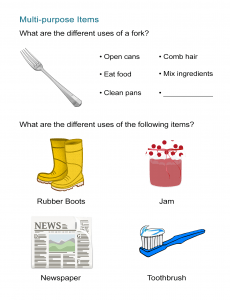
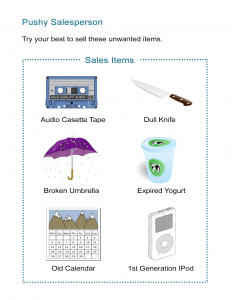

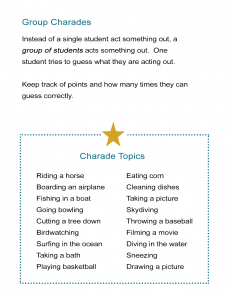
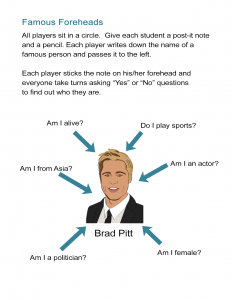


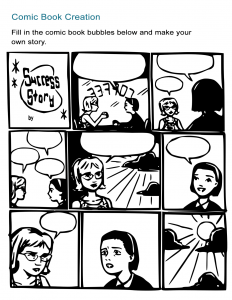
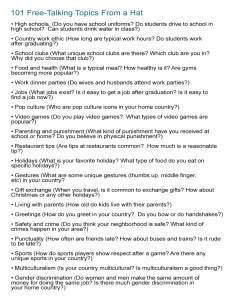
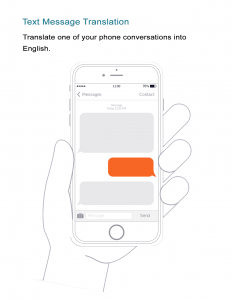
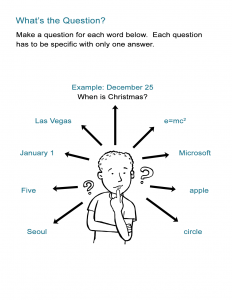
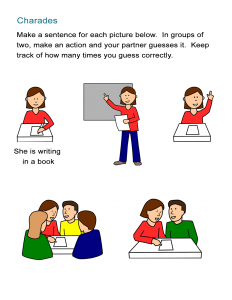
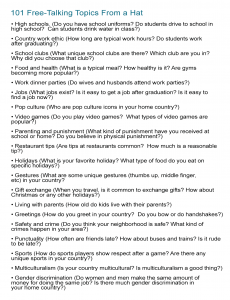
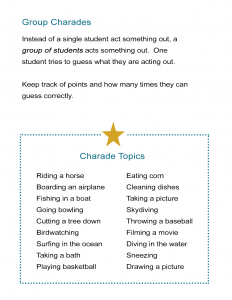
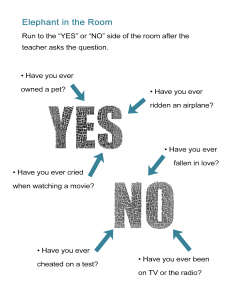

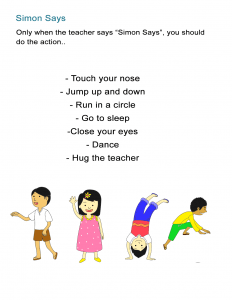
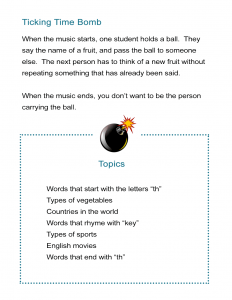

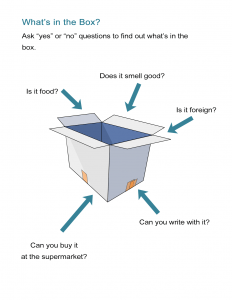
Very innovative way
Awesome..very helpful for teachers